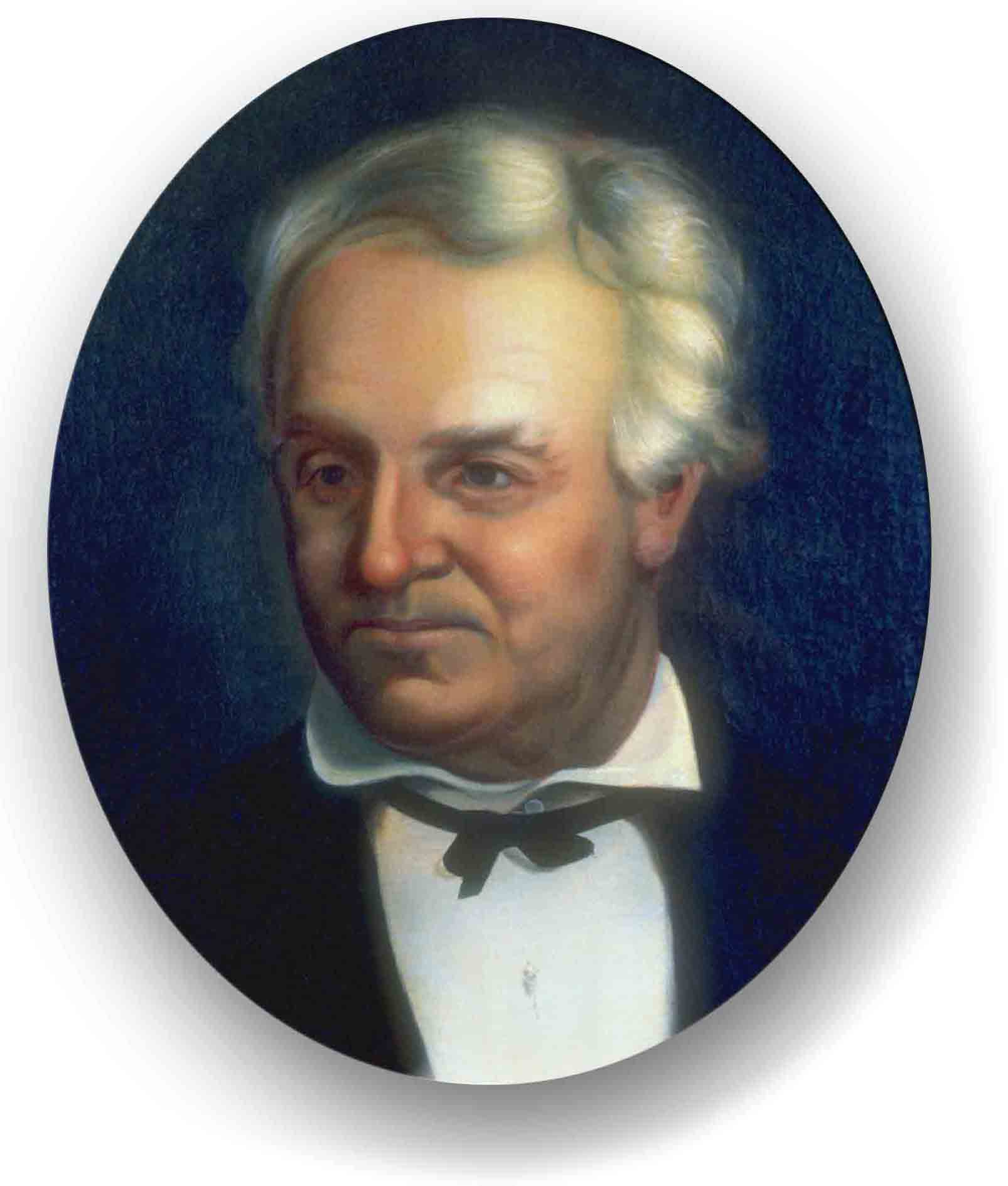1828: Fort Bend’s Sugar Industry Begins




Summary of Bob Armstrong's History of Sugar Land & Imperial Sugar
During and after the Civil War, sugar production waned and refining facilities fell fell into disrepair. The families of Terry and Kyle eventually began selling off property to a wealthy Confederate colonel and landowner: Edward Hall Cunningham of San Antonio.



Cunningham formed a partnership in 1875 with another Confederate colonel -Littleberry Ambrose Ellis.
Cunningham’s and Ellis’ use of convict labor would soon become unprecedented. The two would hold leases on every inmate in Texas (more than 2,000). And their sugar-refining enterprise and empire would notoriously be known as the
“Hellhole on the Brazos.
Hover Your Mouse For A Fact
Fast Fact
Educate. Honor. Heal. The Society of Justice & Equality for the People of Sugar Land (S.O.J.E.S.) is an independent, non-profit community organization dedicated to historic preservation and educating the community about the contributions of African Americans in the creation and progression of Sugar Land and Fort Bend County, Texas. This includes commemorating and memorializing the Sugar Land 95. sojesjustice.org




